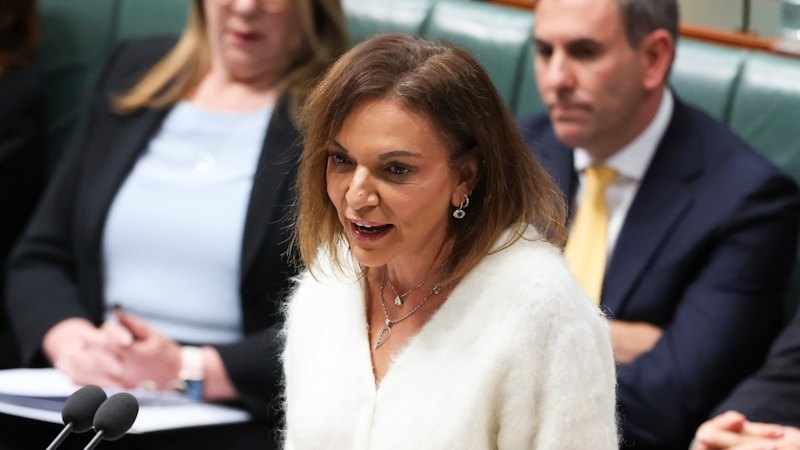
The international human rights system, designed to prevent state abuses, faces unprecedented threats since its inception post-World War II. In the UK, Prime Minister Keir Starmer, a former human rights lawyer, stands uniquely qualified to tackle these challenges. With a 30-year career in law, Starmer’s deep commitment to justice is well-documented. He has argued cases at the highest levels, including the International Court of Justice, and served as Director of Public Prosecutions, giving him unparalleled insight into the workings of state machinery.
However, critics argue that Starmer himself is undermining the human rights framework he once championed. Accusations of pandering to authoritarian figures, diminishing minority protections, and equating peaceful protests with terrorism have marred his political image. This duality raises questions: Why is Starmer’s human rights record as Prime Minister so inconsistent?
The Mixed Record of a Human Rights Advocate
Since the 2024 general election, Labour’s governance under Starmer has been scrutinized, especially regarding human rights—a domain where expectations were high given his background. Conversations with over two dozen insiders, legal colleagues, and human rights advocates reveal a complex picture of Starmer’s influence on policy.
Some experts, like Professor Conor Gearty of the London School of Economics, commend Starmer for stabilizing Britain’s legal commitments amidst global backsliding. Philippe Sands, a noted critic of the Iraq War, sees the UK regaining its international standing, particularly through initiatives like a tribunal for Russian war crimes in Ukraine. Yet, others express disappointment, citing policies on migration, policing, and international conflicts as falling short of Starmer’s promises.
“It is a major achievement to have stabilized Britain’s commitment to law at a time when the current is flowing the other way internationally.” — Conor Gearty
Internal Conflicts and Strategic Ambiguities
Starmer’s leadership style, marked by strategic shifts from left to center, reflects broader tensions within the human rights agenda. His career trajectory from a radical barrister to a centrist politician illustrates a pragmatic approach that sometimes clashes with ideological consistency. This pragmatism, while effective in crisis management, often blinds him to the broader implications of his decisions.
Critics highlight moments where Starmer’s rhetoric diverges from his legal expertise. His comments on Israel’s actions in Gaza, for instance, sparked controversy for seemingly endorsing measures considered war crimes. Such statements, coupled with policy decisions like cutting international aid, suggest a prioritization of political expediency over principled stances.
“He keeps blindsiding people.” — UK charity head on sudden policy shifts
Human Rights Under Political Pressure
The human rights landscape is fraught with contradictions, not least in its relationship with state power. Traditionally, the British left viewed human rights as a potential obstacle to socialist goals, a perspective Starmer once shared. Yet, as political contexts shifted, so did the role of human rights in Labour’s agenda.
Starmer’s government has maintained a commitment to the European Convention on Human Rights (ECHR), resisting right-wing pressures to withdraw. However, concessions like reviewing Article 8 in immigration cases reveal a willingness to compromise under political duress. This approach risks reinforcing myths that undermine public confidence in human rights protections.
“A state could only be said to have breached that duty if it could be definitively proven that an act of genocide had taken place.” — UK government’s legal stance
The Global Dimension: Gaza and Beyond
Starmer’s handling of international issues, particularly the Gaza conflict, underscores the complexities of aligning human rights with geopolitical realities. The UK’s cautious stance on Israel, balancing legal obligations with strategic alliances, highlights the challenges of maintaining ethical consistency in foreign policy.
Labour’s approach, characterized by selective criticism and strategic alignments, reflects a broader tension between legal commitments and political alliances. The decision to continue arms exports to Israel, despite legal challenges, exemplifies this delicate balancing act.
“What happened on 7 October was a terrible crime, but there is no justification for what is going on today in Gaza.” — Philippe Sands
As Starmer navigates these challenges, his legacy as a human rights advocate remains contested. The duality of his political persona—lawyer and politician—mirrors the inherent contradictions within the human rights project itself. Whether he can reconcile these aspects of his leadership will determine his impact on the UK’s human rights trajectory.






